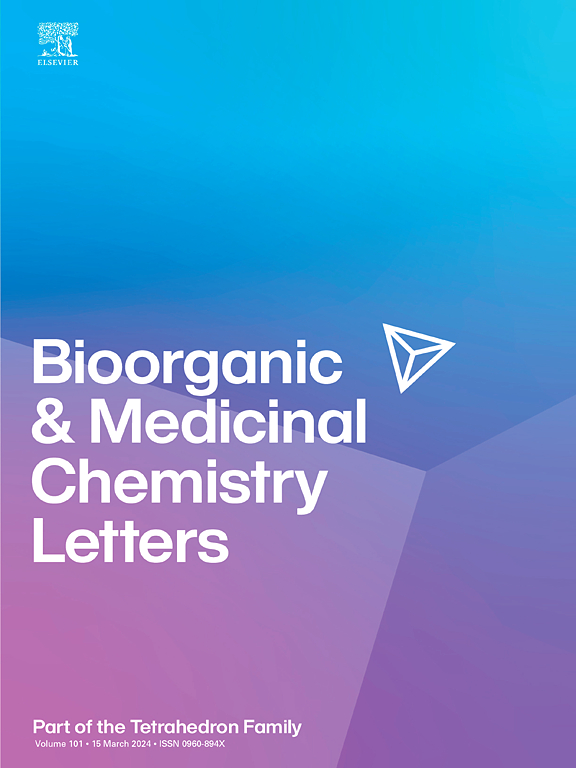CD28 and ICOS in immune regulation: Structural insights and therapeutic targeting
IF 2.2
4区 医学
Q3 CHEMISTRY, MEDICINAL
引用次数: 0
Abstract
CD28 and ICOS are key immune checkpoints that regulate T-cell activation, differentiation, and immune tolerance. Their dysregulation contributes to cancer immune evasion, autoimmune diseases, and chronic inflammation, making them critical targets for therapeutic intervention. Recent advances in medicinal chemistry have led to the development of small-molecule inhibitors, monoclonal antibodies, and bispecific antibodies that selectively modulate CD28 and ICOS signaling. This review examines the structural and functional properties of CD28 and ICOS, highlighting their ligand-binding domains, intracellular signaling motifs, and structure-activity relationships (SARs) relevant to drug discovery. Key therapeutic approaches include CTLA-4-Ig fusion proteins (abatacept, belatacept) for autoimmune diseases, ICOS agonists (feladilimab, vopratelimab) to enhance anti-tumor immunity, and bispecific CD28-engaging antibodies (CD28xCD3, CD28xPSMA) for cancer immunotherapy. Additionally, novel high-throughput screening (HTS) strategies, computational drug design, and rational engineering of antibody-based therapies are improving selectivity and minimizing immune-related toxicities. By integrating structural insights with translational drug development, this review provides a framework for optimizing CD28- and ICOS-targeted therapies. Further advancements in biologics, peptide-based inhibitors, and immune checkpoint modulation will enhance the precision and efficacy of immunotherapeutic strategies.

CD28和ICOS在免疫调节中的作用:结构见解和治疗靶向。
CD28和ICOS是调节t细胞活化、分化和免疫耐受的关键免疫检查点。它们的失调导致癌症免疫逃避、自身免疫性疾病和慢性炎症,使它们成为治疗干预的关键目标。药物化学的最新进展导致了选择性调节CD28和ICOS信号的小分子抑制剂、单克隆抗体和双特异性抗体的发展。本文综述了CD28和ICOS的结构和功能特性,重点介绍了它们的配体结合域、细胞内信号基序以及与药物发现相关的结构-活性关系(SARs)。关键的治疗方法包括用于自身免疫性疾病的CTLA-4-Ig融合蛋白(abatacept, belatacept),用于增强抗肿瘤免疫的ICOS激动剂(feladilimab, vopratelimab),以及用于癌症免疫治疗的双特异性cd28结合抗体(CD28xCD3, CD28xPSMA)。此外,新的高通量筛选(HTS)策略、计算药物设计和基于抗体的治疗的合理工程正在提高选择性和最小化免疫相关毒性。通过将结构见解与转化药物开发相结合,本综述为优化CD28和icos靶向治疗提供了一个框架。生物制剂、肽类抑制剂和免疫检查点调节的进一步发展将提高免疫治疗策略的准确性和有效性。
本文章由计算机程序翻译,如有差异,请以英文原文为准。
求助全文
约1分钟内获得全文
求助全文
来源期刊
CiteScore
5.70
自引率
3.70%
发文量
463
审稿时长
27 days
期刊介绍:
Bioorganic & Medicinal Chemistry Letters presents preliminary experimental or theoretical research results of outstanding significance and timeliness on all aspects of science at the interface of chemistry and biology and on major advances in drug design and development. The journal publishes articles in the form of communications reporting experimental or theoretical results of special interest, and strives to provide maximum dissemination to a large, international audience.

 求助内容:
求助内容: 应助结果提醒方式:
应助结果提醒方式:


